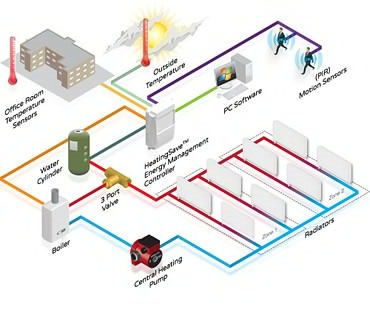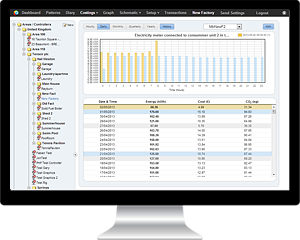Global integrated building management systems (BMS) market to grow at CAGR of 12.48% until 2021, new report suggests

The global integrated building management systems (BMS) market is set to soar over the next couple of years, growing at a CAGR of 12.48% during the years 2017-2021, the latest market report from 360 Market Updates revealed.
The paper provides very useful insights into opportunities in the market and the future impact of major drivers and challenges and, support decision makers in making cost-effective business decisions.
The main drivers for this strong growth will be cost and energy savings for businesses, the degree of flexibility offered by integrated BMS systems and the fact that BMS solutions typically help enhance overall worker productivity. The most notable challenges include high switching costs, well as specific technology integration issues and security and privacy concerns.
Research also identifies the main trends in this sector, including the provision of highly customized systems offered to end-users, centralized remote controls for residential users, and the convergence of IoT and smart buildings.
HeatingSave – the perfect low-cost building management system (BMS) to help you save energy and money
Replacing your central heating clock with a HeatingSave energy and boiler management controller is the quickest way of beating those tariff rises and saving on energy costs, often paying for itself in less than a year but almost always in less than 3 years.
HeatingSave can cut your energy usage by 20% to 30% with its energy management control, as its internal microprocessor constantly calculates and improves the efficiency and savings of your central heating system.
Using HeatingSave, simply choose the room temperature and the hot water you want, and when, and HeatingSave does the rest. It works with all central heating systems – oil, gas or coal – and links up with a PC to produce reports and graphs to fashion a powerful and complete energy management system.
The system is backed by the Carbon Trust and the Energy Savings Trust.






